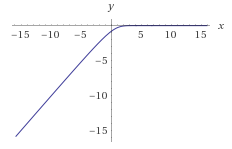I run through many iterations of numerical simulations and I am pretty sure that this property of a normal distribution is true, but I cannot find a way to prove it. I am wondering if it is possible to formally prove it?
$\frac{\phi(u-h)-\phi(u)}{\Phi(u)-\Phi(u-h)} > \frac{\phi(l-h)-\phi(l)}{\Phi(l)-\Phi(l-h)}$
where $h>0$, $l<0<u$, $|l|>|u|, $ $\phi$ is the pdf, and $\Phi$ is the cdf of a normal distribution $N(0,1)$, respectively.

